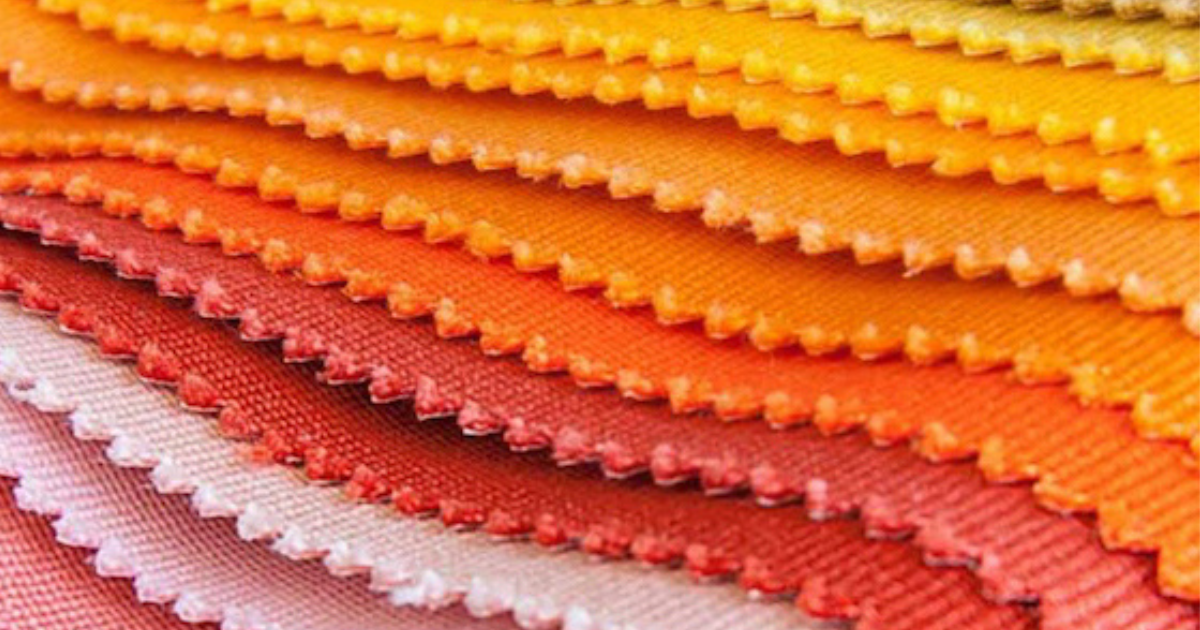Sustainability Sweeps Across Brands; Challenges Remain

As sustainability initiatives sweep across companies and product categories, many challenges remain including reducing pricing and forming a unified approach.
What started with a sustainable materials push among outdoor apparel suppliers like Patagonia, Wolverine (Northface) and others has now swept across toys, textiles, homegoods and other categories.
The all-encompassing trend is requiring that companies work across departments and throughout the supply chain to engrain sustainable policies. In some cases, that may require parting ways with long-time suppliers and narrowing the number of vendors, said Michael Knott, director of sustainability at licensed toy supplier Horizon Group USA, which includes L.O.L. Surprise children’s “cosmetics” (nail polish, lip gloss) among its products.
“You have to work across functions within the company even before the first purchase orders are signed for products,” Knott said recently during Licensing International’s “Sustainability Spotlight” webinar. “It is all tied to due diligence and must be end-to-end across the supply chain with sustainability being designed into products.”
That sustainability can stretch from the factory floor (labor practices) to the finished products made with recycled materials and packaging. And those requirements, which are being combined with Environment Social and Governance (ESG) goals and reports, are increasingly becoming a must-have for the retailers selling the products, an industry executive said. Walmart, for example, has said sustainable practices have become a “must have” rather than a “nice to have” to do business with the chain.
“The whole process of designing products for sustainability has reduced timelines and has resulted in better relations with our partners,” said Hiu Lee, Chief Marketing Officer at Horizon.
Yet the process needs further refining. Products made with sustainable materials carry a 10-20% premium over standard items and reaching price parity remains several years away. Whether that target is met will largely depend on sales volume, said a spokesman at Unifi, which supplies a specialized polyester made from recycled plastic water bottles and sold under the Repreve brand.
Repreve has been designed into Levi and Wrangler jeans and even Hagger Smart Wash suit jackets. Unifi has embarked on consumer education tours and launched Repreve in Brazil while forging local partnerships in China. But Unifi has also been met with challenges. The company’s sales of Repreve-based products declined to $44 million in Q2 ended June 30, from $49 million the previous quarter.
“Price is going to remain a barrier until recycled or organic products are equal in price to virgin items,” said Chad Bolick, VP of brand sales at Unifi, which develops private label Repreve-based products for Pottery Barn (duvets) and J.C. Penney (quilts). “It may never reach price parity and if people want to create a sustainable movement, they have to be willing to pay a little bit more. The definition of that is what we are trying to work out.”
Price issues aside, the sources of sustainable materials are expanding. ProTecht, for example, developed a moisture wicking technology derived from caster seeds that is applied as a replacement for polyester in apparel. The material also is being tested with bed sheets. Re:Down developed recycled down as filling for bedding, sleeping bags, and down jackets, including those sold under the North Face brand. And Lenzing has developed its Tencel brand that feature Lyocell and Modal fibers made from a blend of wood pulp that includes eucalyptus and beech. Tencel has found its way into a range of apparel and bedding.
“Sustainability is very broad and it will always mean a lot of different things,” a spokeswoman for Intrinsic Advanced Materials, whose CiClo brand material is added to virgin or recycled polyester when the plastic pellets are melted to make fibers and yarns. The material is biodegradable in two to three years against a much longer period for standard solutions.




